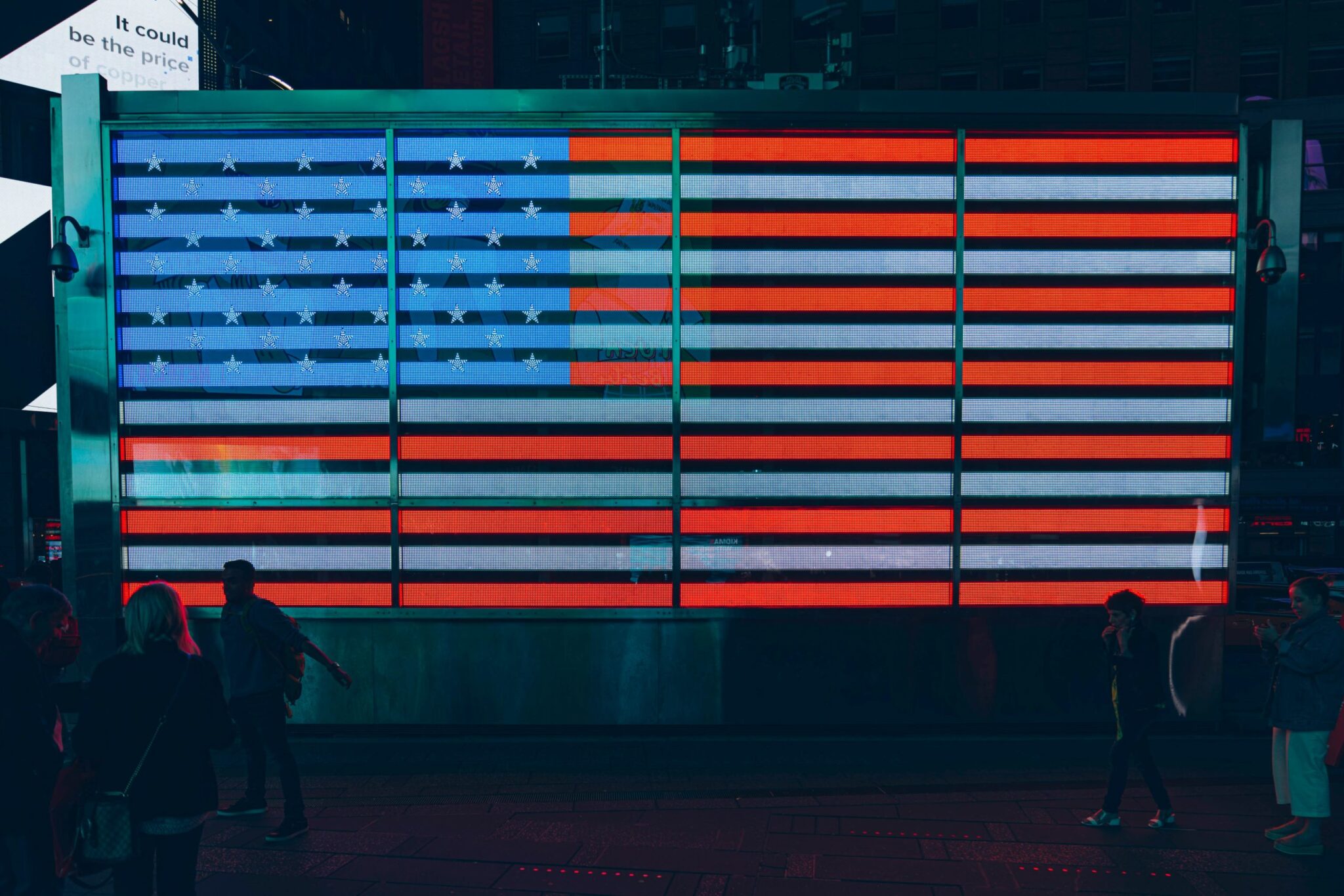When Huawei shocked the global tech industry with its Mate 60 Pro smartphone featuring an advanced 7-nanometer chip despite sweeping US technology restrictions, it demonstrated that innovation finds a way even under the heaviest sanctions. The US response was swift and predictable: tighter export controls and expanded restrictions.
Now, with reports suggesting Huawei’s Ascend AI chips are approaching Nvidia-level performance—though the Chinese company remains characteristically silent about these developments—America has preemptively escalated its semiconductor war to global proportions.
The Trump administration’s declaration that using Huawei’s Ascend chips “anywhere in the world” violates US export controls reveals more than policy enforcement—it exposes a fundamental fear that American technological dominance may no longer be guaranteed through restrictions alone.
This global AI chip ban emerged on May 14, 2025, when President Donald Trump’s administration rescinded the Biden-era AI Diffusion Rule without revealing details of a replacement policy.
Instead, the Bureau of Industry and Security (BIS) announced guidance to “strengthen export controls for overseas AI chips,” specifically targeting Huawei’s Ascend processors.
The new guidelines warn of “enforcement actions” including imprisonment and fines for any global business found using these Chinese-developed chips—a fundamental departure from traditional export controls, which typically govern what leaves a country’s borders, not what happens entirely outside them.
The scope of America’s tech authority
The South China Morning Post reports that these new guidelines explicitly single out Huawei’s Ascend chips after scrapping the Biden administration’s country-tiered “AI diffusion” rule. But the implications of this global AI chip ban extend far beyond bilateral US-China tensions.
By asserting jurisdiction over global technology choices, America essentially demands that sovereign nations and independent businesses worldwide comply with its domestic policy preferences.
This extraterritorial approach raises fundamental questions about national sovereignty and international trade. Should a Brazilian AI startup be prevented from using the most cost-effective chip solution simply because those chips are manufactured by a Chinese company?
Should European research institutions abandon promising collaborations because they involve hardware Washington deems unacceptable?
According to Financial Times reporting, BIS stated that Huawei’s Ascend 910B, 910C, and 910D were all subject to the regulations as they were likely “designed with certain US software or technology or produced with semiconductor manufacturing equipment that is the direct product of certain US-origin software or technology, or both.”
Industry resistance to universal controls
Even within the United States, the chipmaking sector expresses alarm about Washington’s semiconductor policies. The aggressive expansion of export controls creates uncertainty beyond Chinese companies, affecting global supply chains and innovation partnerships built over decades.
“Washington’s new guidelines are essentially forcing global tech firms to pick a side – Chinese or US hardware – which will further deepen the tech divide between the world’s two largest economies,” analysts note. This forced binary choice ignores the nuanced reality of modern technology development, where innovation emerges from diverse, international collaborations.
The economic implications prove staggering. Recent analysis indicates Huawei’s Ascend 910B AI chip delivers 80% of Nvidia A100’s efficiency when training large language models, though “in some other tests, Ascend chips can beat the A100 by 20%.”
By blocking access to competitive alternatives, this global AI chip ban may inadvertently stifle innovation and maintain artificial market monopolies.
The innovation paradox
Perhaps most ironically, policies intended to maintain American technological leadership may undermine it. Nvidia CEO Jensen Huang acknowledged earlier this month that Huawei was “one of the most formidable technology companies in the world,” noting that China was “not behind” in AI development.
Attempting to isolate such capabilities through global restrictions may accelerate the development of parallel technology ecosystems, ultimately reducing American influence rather than preserving it.
The secrecy surrounding Huawei’s Ascend chips—with the company keeping “details of its AI chips close to its chest, with only public information coming from third-party teardown reports”—has intensified with US sanctions.
Following escalating restrictions, Huawei stopped officially disclosing information about the series, including release dates, production schedules, and fabrication technologies. The chips specified in current US restrictions, including the Ascend 910C and 910D, haven’t even been officially confirmed by Huawei.
Geopolitical ramifications
In a South China Morning Post’s report, Chim Lee, a senior analyst at the Economist Intelligence Unit, warns that “if the guidance is enforced strictly, it is likely to provoke retaliation from China” and could become “a negotiating point in ongoing trade talks between Washington and Beijing.”
This assessment underscores the counterproductive nature of aggressive unilateral action in an interconnected global economy.
The semiconductor industry thrives on international collaboration, shared research, and open competition. Policies that fragment this ecosystem serve no one’s long-term interests—including America’s.
As the global community grapples with challenges from climate change to healthcare innovation, artificial barriers preventing the best minds from accessing optimal tools ultimately harm human progress.
Beyond binary choices
The question isn’t whether nations should protect strategic interests—they should and must. But when export controls extend “anywhere in the world,” we cross from legitimate national security policy into technological authoritarianism. The global technology community deserves frameworks that balance security concerns with innovation imperatives.
This global AI chip ban risks accelerating the technological fragmentation it seeks to prevent. History suggests markets divided by political decree often spawn parallel innovation ecosystems that compete more effectively than those operating under artificial constraints.
Rather than extending controls globally, a strategic approach would focus on out-innovating competitors through superior technology and international partnerships. The current path toward technological bifurcation serves neither American interests nor global innovation—it simply creates a more fragmented, less efficient world where artificial barriers replace natural competition.
The semiconductor industry’s future depends on finding sustainable solutions that address legitimate security concerns without dismantling the collaborative networks that drive technological advancement. As this global AI chip ban takes effect, the world watches to see whether innovation will flourish through competition or fragment through control.
See also: Huawei’s AI hardware breakthrough challenges Nvidia’s dominance
Want to learn more about AI and big data from industry leaders? Check out AI & Big Data Expo taking place in Amsterdam, California, and London. The comprehensive event is co-located with other leading events including Intelligent Automation Conference, BlockX, Digital Transformation Week, and Cyber Security & Cloud Expo.
Explore other upcoming enterprise technology events and webinars powered by TechForge here.
Read the full article here














